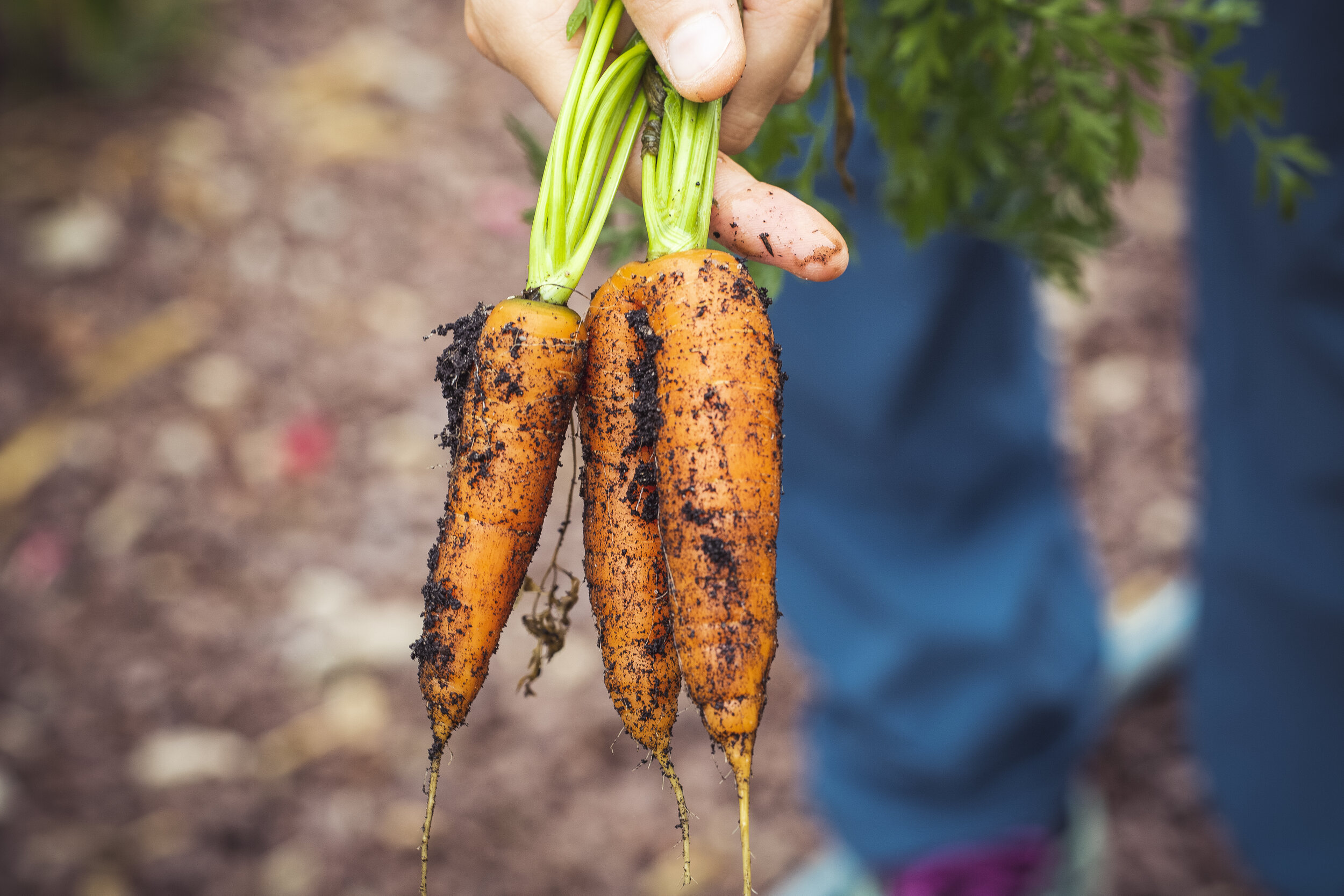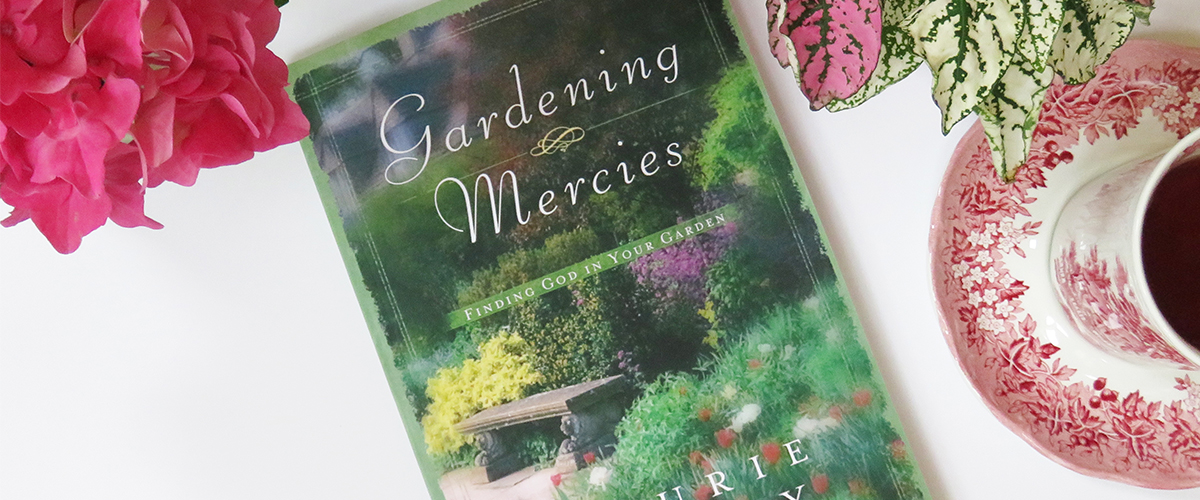Compost
How God transforms our mistakes and misfortunes into gold
Lots of compost means lots of growth!
The last thing we want, is to be on the receiving end of a big dump load of manure.
But it happens. People cut us off, walk out the door, ignore us, attack us, accuse us, thwart us, and generally just dump on us. Or we do foolish things to ourselves. And then it hits the fan.
So let's talk about manure. And rotted things. Old, rank, and decaying things. Dead plants and dead dreams. Is there any hope for either of them? It's all about compost.
If you're a gardener, you probably know about compost. You either buy it in bags from your local nursery or you have a container on your property where you throw vegetable scraps, dead plants, and leaves.
Why bother? Because out of all this discarded rot comes gold. Rich, life-giving gold called compost.
The following is an adaptation from my book, Gardening Mercies.
The group of ladies quieted down as the elderly woman struggled to rise from her chair. We were attending a woman's conference on spiritual growth and women of all ages were there. She must have been in her early 80s, I surmised. She was dressed elegantly. Everything matched and not a hair was out of place.
I was sitting behind her and could see her crepe paper skin draw taught when she gripped the back of her chair for support. Her other hand fluttered unsteadily to her throat, she cleared it, and tilted her head to speak.
“So what you're telling me,” she asked the speaker in the quavering voice of the elderly, “is that our #%*& is our fertilizer?”
A stunned silence hung in the air, then an outburst of laughter! How funny and shocking to hear that word come out of an 80-year-old woman's mouth. But she got straight to the point. Yes, the tough times in our lives, our worst struggles with our flesh, and all our mistakes is our fertilizer.
That's our compost. It's what God uses to help us grow to be more like Him. Catherine Marshall said it more poetically in her book, Something More. “Our God is the Divine Alchemist. He can take junk from the rubbish heap of life and melting this base refuse in the purifier of his love, hand us back gold.”
Nothing is wasted in God's economy. And that's a principle we can use in our gardens. Composting is not new. It's been around for as long as human beings have been growing things. Composting was probably first understood when people noticed that plants grew better next to rotting piles of vegetation and manure.
The two essential parts needed for compost are high protein waste and energy rich materials high-protein waste include green vegetation which provides a. For the microorganisms that break down the compost such as fresh grass clippings recently pulled weeds flowers. Kelp and kitchen scraps kitchen scraps include fruit skins, peels cores vegetable Parts tea leaves coffee grounds stale bread and non-meat leftovers.
Animal manure is also considered a high protein composting ingredient and should come from cow chicken or horse. But never use dog or cat poo. Meat, oil and grease attract animals and should never be used either in the pile. For a compost pile to work, it needs to heat up enough to cause the materials to break down—to decompose. This heat and decomposing process kills off the unwanted weed seeds, breaks down all the plant and manure matter to an unrecognizable state, and turns it into a healthy loam. This loam, or compost provides the perfect soil amendment for growth.
When God allows the heat to be turned up in our lives, it causes our independence and our arrogance to decompose to break down.
For decomposition to happen, there needs to be heat. God has a unique way of allowing situations into our lives that will reduce us to be fit for his use and for his glory to be displayed in our lives. In Isaiah 48:10-11, He says, “See I have refined you, though not as silver; I have tested you in the furnace of affliction. For my own sake, for my own sake, I do this. How can I let myself be defamed? I will not yield my glory to another.”
Before I met him, for a couple of years, my husband was the single parent of three teenagers. He was overwhelmed at times, being in charge of doctor’s appointments, sporting events, schooling, and meals. But through this humbling experience, he was able to grow a much closer and deeper relationship with his children than he ever had before. Out of a tragic experience one, which my husband did not want to be in, the heat was turned up and God grew beautiful relationships.
In the Book of Romans, the Apostle Paul writes, “And we know that in all things God works for the good of those who love him and who have been called according to his purpose” (Romans 8:28). Notice that word all. It means ALL—even the really horrible sinful junk we can't tell anyone about. Therefore, we can have confidence that God uses our compost, the rubbish in our lives, to grow something good. But the key to this passage is “works for the good.” Oftentimes our idea of what would be ‘good’ and God's idea of good are worlds apart. And “good” doesn't mean the cushiest life possible for me, or you.
“Good” also doesn't mean things going my way. The verse following Romans 8:28 shows us what good means to God. “For those God foreknew, He also predestined to be conformed to the likeness of his son.” In God's definition, good means becoming more like Jesus Christ.
So how does all this sin and junk we've done to ourselves or that's been done to us by others turn into rich compost by which we can grow?
How does it ‘work for good’ for us becoming more like Jesus? It all hinges on one little word. Saying “yes” to God. We can say no, I won't stay in this tough situation with the heat building up. I'm getting out of here. I'm going to find someone else to help me raise these kids. Forget it God. It's too painful. Or we can say yes with the attitude that Jesus had in the Garden of Gethsemane when he said yes with clenched teeth and sweat pouring down. “Not what I will, but what you will.”
Our yes, our surrender of our plans to God's plans, is a victory. In this day and age and particularly Americans, we don't like the word surrender. Surrender to us means failure, and defeat. But not to God. Surrender to him is victory for us. Jesus said, “Whoever loses his life for my sake will find it,” Matthew 10:39.
When we say yes to God's allowing the nasty situations of life, Yes to his authority to use even our worst sins, Yes to his sovereignty and power to work out the situation for good, we will find something new and beautiful growing in our hearts. The character of Jesus Christ. The end of ourselves, the yes of surrender, is the beginning of God's transforming power.
Saying yes to being thrown ignominiously upon the compost pile simply means that you're about to receive a huge dose of fertilizer. It doesn't always feel so great. It probably won't smell wonderful, but you have to promise of growth and all things working for your good.
This talk today was based on a chapter from my book, Gardening Mercies: Finding God in your Garden, the Compost chapter.








